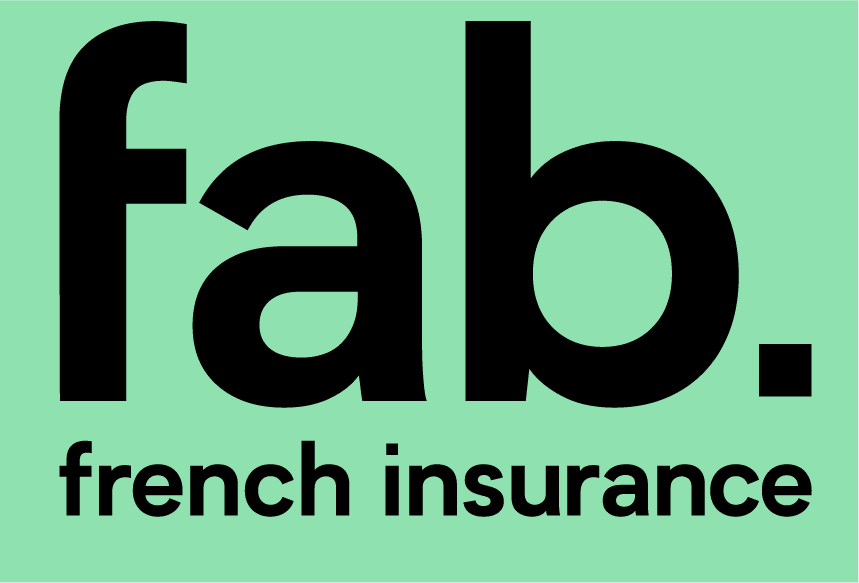Living in France means becoming affiliated to the French healthcare system; this is administered by the sécurité sociale, or la sécu. Gaining an attestation des droits (a statement of entitlement to health care) and then the green carte vitale (the actual card you need to produce when consulting health care professionals) can be complicated and once that’s been achieved, you need to think about choosing ‘top up’ health cover.
A top up health care insurance policy is often referred to as a mutuelle. It is entirely different to the private health care policies in the UK or US. This is perhaps why some immigrants assume they don’t need one; they have a carte vitale and believe that to be sufficient. Obviously the choice is a personal one but given that according to official French statistics, only 5% of French nationals do not have top up cover, it is worth looking at exactly how the system works before making any decisions.
What is the BRSS?
French healthcare cover works on an index known as the BRSS (barème de remboursement de la sécurité sociale) whereby the reimbursement of each type of medical visit or treatment has its own percentage. For example, a visit to the GP will result in a charge of 25€. The assurance maladie (health insurance) branch of the Sécu will refund 17.50€, leaving the patient 7.50€ out of pocket. This is a small amount of money so people often assume that they will be better off not paying for a top up policy and meeting the additional costs themselves. However, although you are refunded whether you go public or private, the prices charged in the private sector are not the same and many consultants operate in the private sector. This means that should you need to consult a cardiologist, even if sent by your GP, the consultation fee may well be around 70-90€ if not more, and the BRSS is only 55€ leaving you with 15-35€ to pay.
This also explains why the cheaper top up insurance policies tend to only offer 100% cover for specialist consultations; this figure sounds good, but will actually leave the policyholder with a shortfall to be met out of their own pocket. This is also why policies which offer 150-200% are a much better bet for those who might require specialist consultations. Some will argue that being in good health should suffice and that extra cover isn’t required. However, accidents or illnesses that result in hospitalisation can result in hefty charges and with variable reimbursement percentages (for example, a consultation with the anaesthetist is refunded at 60-80%) you might find yourself facing a very large bill. And, without a mutuelle the hospital can request that the stay and charges be paid upfront, whereas with top up insurance the hospital will invoice the insurers directly.
What about pharmacy, dentistry & glasses?
Pharmacy charges are refunded at rates between 15-100% depending on the type and cost of the medications prescribed. Some prescriptions may include ‘non-refundable’ products, but the more comprehensive top up policies may cover them anyway. Orthodontics, dentistry and glasses are other sectors which are notorious for being under reimbursed by the Sécu. Things are changing; for example, dentists are now required to provide crowns refunded at 100%, thus leaving the patient with zero to pay. However, it's up to your dentist to provide you with a quote that's ‘100% refunded’. And generally those quotes will be based on using lower grade materials, e.g. metal rather than ceramic crowns. With less than 300% cover from your mutuelle, you will not get much refunded when it comes to dentistry.
Glasses are another issue to consider. Whilst most Mutuelle policies include glasses as part of the package, that inclusion increases the premium. As you can only claim once every two years, it may well be worth checking the price of spectacles before deciding to include them on your policy. It may be cheaper to buy online thus lowering the premium; removing cover for glasses doesn't remove cover for ophthalmologist examinations, so you can still have an eye test to check the correction level required.
At what cost?
So if like 95% of French people, you need a mutuelle, how do you choose a provider, let alone a policy, from the hundreds of firms? If you are employed you have one provided by your employer and although you pay for this (it’s deducted from your salary), these generally provide good value for money offering extensive benefits for relatively low cost.
However, the vast majority (i.e the self-employed and retirees) need to arrange their own cover. You need to think about your personal requirements and your attitude to risk. For example, if you have children they are likely to need orthodontic treatment and the Sécu will reimburse 193.50€ per semester for a maximum of six semesters. The average cost is between 600-1200€ per semester and treatment time frequently extends beyond six semesters. This can be a massive financial outlay so in this situation, it makes total sense to choose a policy providing maximum cover and offering an annual fixed fee payment for years falling outside the six semester period. Equally, if you are a retired couple whose only dental requirements are general maintenance, then you will be able to select a policy with a lower level of cover. Many policies also offer benefits such as home help in the case of incapacity and treatments such as osteopathy.
Conclusion
Health insurance is a complicated subject. So using an independent broker who is not tied to any one company, is an easier way to proceed than trying to work it all out for yourself. You will obtain personalised cover that is right for your individual situation. Moreover, you will almost certainly get better cover for the same (if not considerably less) cost and have the reassurance of someone being able to deal with claims for you should you run into difficulties.
CATHARINE’S TOP TIP:
The French sécu doesn't refund 100% of their own index. The rate varies but most of the time it will be around 70%. Your mutuelle compensates for the missing 30%.
Article written by Catharine Higginson from Survive France Network


